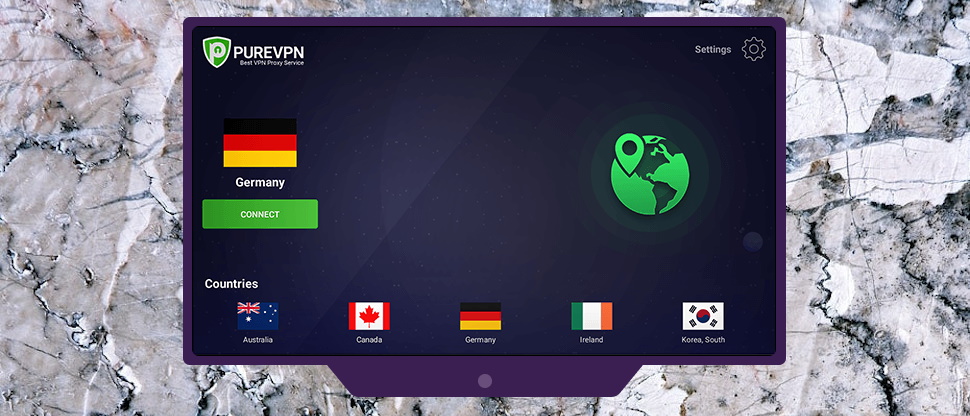

In this section, PureVPN acts as a 24/7 usher, and only directs its customers to servers that are open… to the websites they want to use. PureVPN uses a dedicated section of its app for different broadcasters (US Netflix, BBC iPlayer, Amazon Instant Video, HBO, Hulu, et al). There’s one difference in the way it plays the game though. And PureVPN is one of the few VPNs that seems to be winning.

The cheapest and most popular way to beat the VPN ban is to play a game of Cat and Mouse with broadcasters: when one of its servers gets blacklisted, a new one is created. The most effective way is to give your customers their own dedicated IP and let them connect via that, but this is expensive and VPNs need to charge extra (see below). There are two ways to fight this as a VPN provider. So when a large number of Netflix of BBC iPlayer users connect from the same VPN server (and IP address), it’s easy for Netflix and BBC iPlayer to detect and blacklist the offending IP. All VPNs, including PureVPN, funnel a large number of customers through a much smaller number of servers. The way these broadcasters police this is simple.

#Purevpn review how to
See also: BBC iPlayer not working with VPN: Here’s how to fix that! How is PureVPN beating Netflix & BBC iPlayer’s VPN ban?Īs you’ve probably experienced by now Netflix, BBC iPlayer, Amazon (and every other major broadcaster with live online streaming or catchup TV features) have been cracking down on the use of VPNs. In this PureVPN review, we explain how it’s winning that battle using a combination of Cat and Mouse tactics, while also giving users the ability to buy their own dedicated IP. We’ve also carried out several speed tests to give you an idea of the performance you can expect from PureVPN. PureVPN is one of the few remaining VPNs that’s still fighting (and winning) Netflix’s VPN ban.


 0 kommentar(er)
0 kommentar(er)
